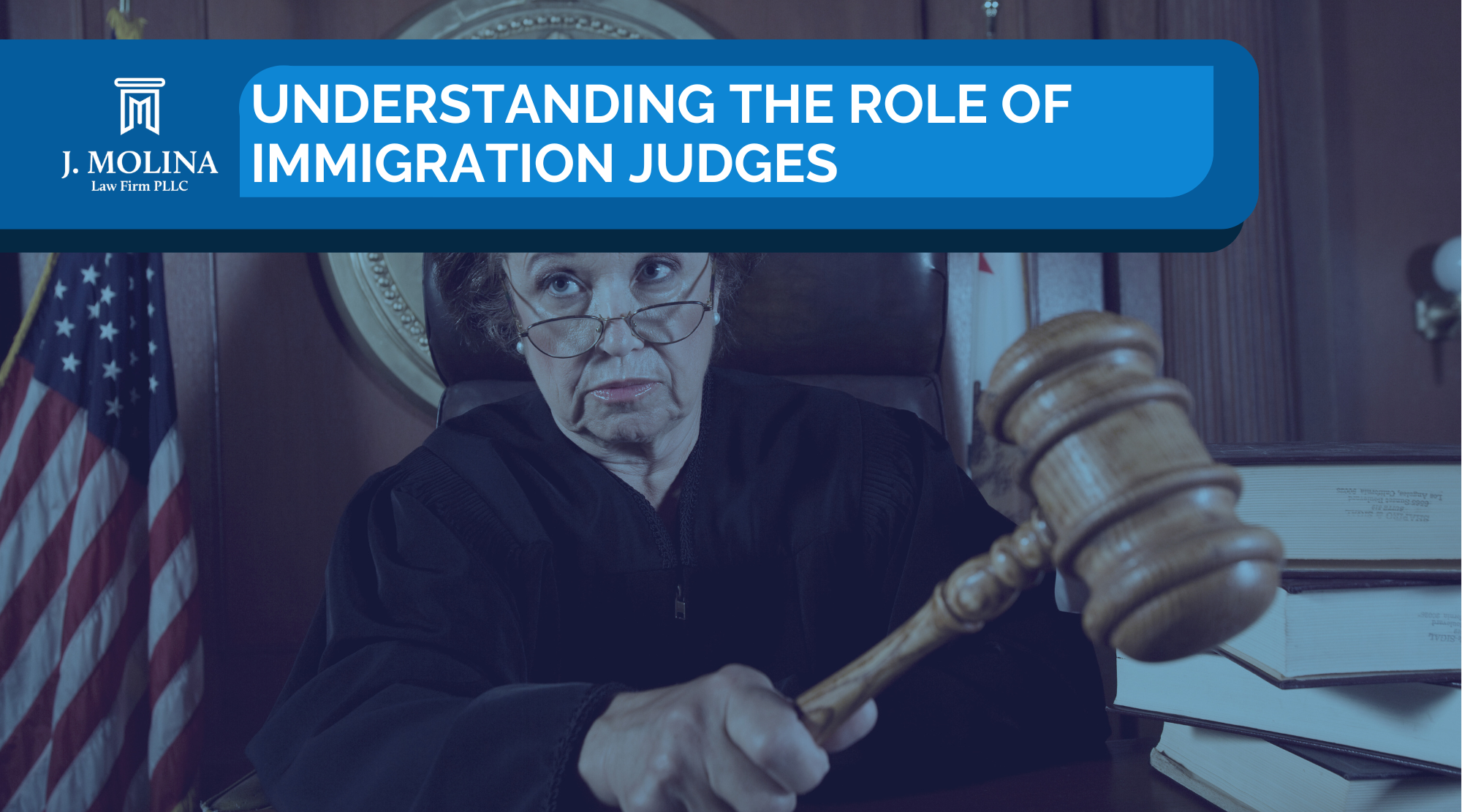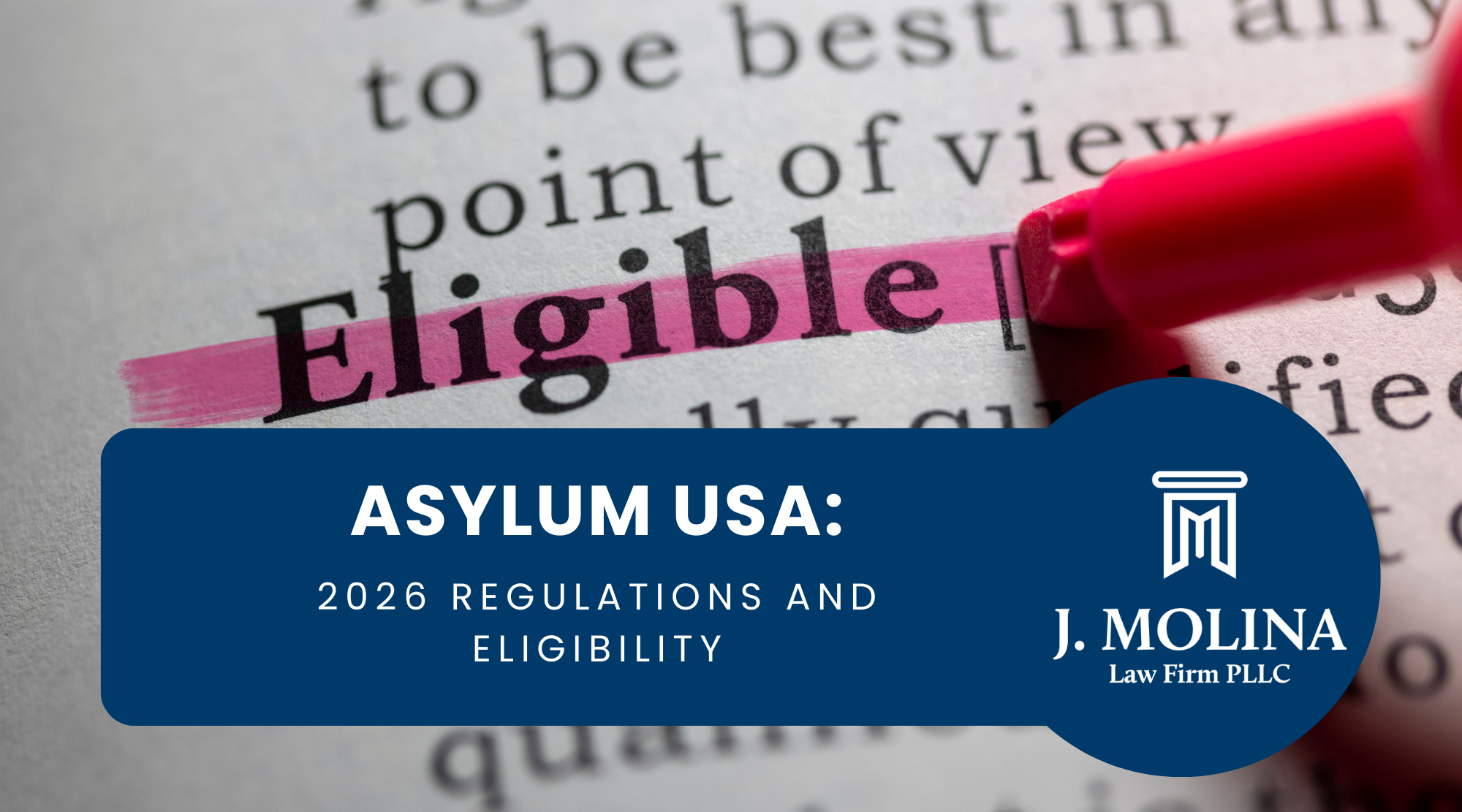Immigration Judges are vital figures in the U.S. immigration system, responsible for making decisions that can profoundly affect the lives of immigrants and their families. These judges preside over immigration court hearings, where they evaluate cases involving asylum applications, deportation defenses, and other immigration-related matters. Their role is not just administrative; it involves weighing evidence, listening to testimonies, and making impartial decisions based on the law and individual circumstances.
Types of Cases Handled by Immigration Judges
Immigration Judges handle a variety of cases that can broadly impact an individual’s legal status in the U.S. Some of the most common types of cases include:
- Asylum Applications: Individuals fleeing persecution in their home countries can apply for asylum in the U.S. Immigration Judges evaluate these claims to determine if applicants meet the legal criteria for asylum.
- Deportation and Removal Proceedings: When the government initiates proceedings to remove an individual from the U.S., an Immigration Judge presides over the case. The judge assesses the reasons for deportation and any defenses the individual may present.
- Adjustment of Status: This process allows individuals already in the U.S. to change their immigration status to that of a lawful permanent resident. Immigration Judges review these applications to ensure compliance with immigration laws.
- Cancellation of Removal: In some cases, individuals facing deportation may seek cancellation of their removal if they meet specific criteria, such as having lived in the U.S. for a certain period and demonstrating good moral character. Judges review these requests thoroughly.
- Other Relief Forms: Immigration Judges may also hear cases involving other forms of relief from removal, such as waivers for specific grounds of inadmissibility, special immigrant juvenile status, and relief under the Violence Against Women Act (VAWA)
The responsibilities of Immigration Judges are extensive. They decide who can remain in the U.S. and who must leave. When an individual appears in court, the Immigration Judge listens carefully to both sides of the case—the individual’s arguments and any evidence presented by the government. Their goal is to ensure fairness in the process and uphold the law while considering the unique situations of each person involved.
Ethics play a crucial role in how Immigration Judges perform their duties. They are expected to act impartially, without favoritism or bias. To maintain this integrity, judges adhere to strict ethical guidelines, which help ensure that their decisions are based solely on the facts and applicable law. Despite the complexities of immigration law, judges strive to make informed, just decisions that reflect their commitment to fairness and the rule of law.
If you find yourself facing an immigration hearing, remember that you don’t have to navigate this process alone. At J. Molina Law Firm, we understand the challenges you may encounter, and we are here to help you every step of the way. Your American Dream matters to us, and we are dedicated to protecting it. Contact us today to discuss your situation and discover how we can assist you in your immigration journey.



